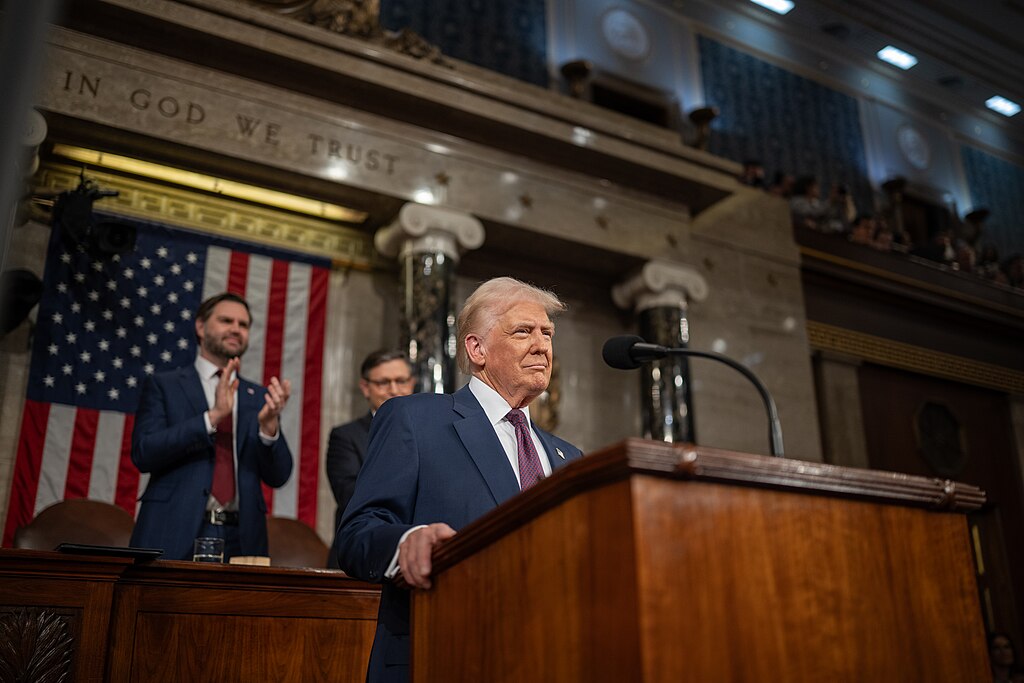Green Rollback: How Climate Policy Cuts Could Define Trump's Potential Return

As the Trump administration takes center stage, a seismic shift in America's environmental policy emerges, signaling a dramatic departure from previous climate commitments. The United States' withdrawal from the Paris Climate Agreement marks a pivotal moment, revealing a stark prioritization of fossil fuel industries over global environmental concerns.
President Trump's environmental strategy, dubbed "Trump 2.0," systematically dismantles climate protection measures, rolling back critical regulations that once aimed to curb greenhouse gas emissions. This aggressive policy realignment sends shockwaves through the international community, challenging global efforts to combat climate change.
The administration's approach centers on deregulation and economic expansion, arguing that environmental restrictions impede industrial growth and job creation. By prioritizing fossil fuel extraction and reducing corporate environmental constraints, the policy signals a clear preference for short-term economic gains over long-term ecological sustainability.
Internationally, this strategic pivot creates significant diplomatic tension. Traditional allies who championed collaborative climate action now find themselves navigating a complex landscape of reduced American environmental leadership. The global consequences extend beyond policy—potentially undermining years of collaborative progress in addressing climate challenges.
Critics argue that this approach not only threatens global climate mitigation efforts but also positions the United States as an outlier in international environmental stewardship. The potential long-term economic and environmental repercussions remain uncertain, but the immediate impact is a radical reshaping of America's environmental narrative.
As the world watches, the Trump administration's environmental strategy represents more than policy—it's a fundamental reimagining of America's role in global climate governance, with consequences that will likely reverberate for decades to come.
